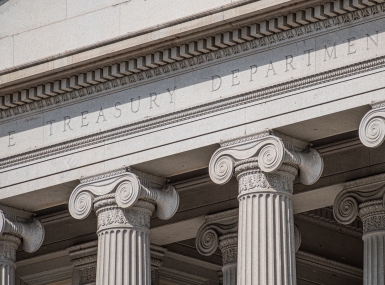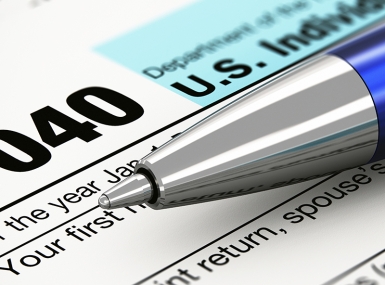A Best Practice from the Government Finance Officers Association: Electronic Payments
Upcoming Events
Related News
Moving funds electronically is efficient, effective and common within local government; however, many governments still rely on producing paper checks to distribute funds. This method is not only costly, but it includes additional risk for fraud, requires additional handling and processing time, and is more difficult to track than electronic payments. While electronic payments are not immune from fraud, and criminals are becoming more sophisticated, governments can put safeguards in place to help prevent fraudulent activity.
Many types of electronic payments exist, and banks may offer specific products or services as the market evolves. The most popular types of electronic payments include:
Automated clearing house (ACH) — movement of funds in a batch process, which is best for high volume, low dollar transactions such as payroll, expense reimbursement and routine vendor payments, as the cost per transaction is low relative to other forms of electronic payment.
Wire transfer — immediate movement of funds between bank accounts with guaranteed settlement, which is most suitable for high-dollar transactions because the cost per transaction is high relative to other forms of electronic payment.
Purchasing (procurement) cards — a credit card transaction designed to reduce the volume of purchase orders issued or to eliminate petty cash. Purchasing cards are used at the point of sale, which is convenient for the customer, and payments are made in aggregate. Vendors that accept the payment will pay a processing fee. There is usually no cost to the government, and the issuing bank usually provides a rebate based on transaction volume.
Electronic accounts payable — a credit card transaction, often without physical cards, that allows governments to pay invoices electronically. These transactions are similar to purchasing cards but occur after the point of sale and thus do not provide the processing benefits of purchasing cards. As with purchasing cards, the vendor pays a processing fee, and the government usually receives a rebate.
Stored value cards — generally used for payroll to unbanked employees or for rebate/incentive programs. The card is tied to a bank account and is loaded via an ACH transaction. There are costs associated with activation and use of the card.
Recommendation:
GFOA recommends that governments use electronic payments for all payments. Use of electronic payments will:
â— eliminate the storage, handling, and processing of paper checks.
â— reduce the time spent on reconciliation
â— eliminate the occurrence of lost or stolen checks and the cost of check reissuance
â— reduce security risks, including reducing the visibility of information used in check payment fraud, and
â— improve the tracking of payments through enterprise resource planning systems and integration with banking technologies.
Before implementing electronic payments, GFOA recommends that governments review and make necessary changes to business processes, safeguards, and applicable internal controls.
The Government Finance Officers Association (or GFOA) is a professional association of approximately 18,500 state, provincial and local government finance officers in the United States and Canada. GFOA is headquartered in Chicago. Its Washington, D.C. office is co-located with NACo.
Attachments
Related News

White House OMB releases final revisions federal Uniform Guidance (2 CFR Part 200)
The White House OMB released final revisions to the federal Uniform Guidance that outline compliance and reporting requirements for federal financial assistance.

Treasury Department releases new obligation guidance for the ARPA State and Local Fiscal Recovery Fund
On March 29, the U.S. Department of Treasury released new FAQs related to their Obligation Interim Final Rule for the ARPA Recovery Fund.

Internal Revenue Service pilots free direct tax filing program in 12 states
On March 12, the IRS launched Direct File, a new pilot through which eligible taxpayers in 12 states can file their taxes for free using a simplified tool.